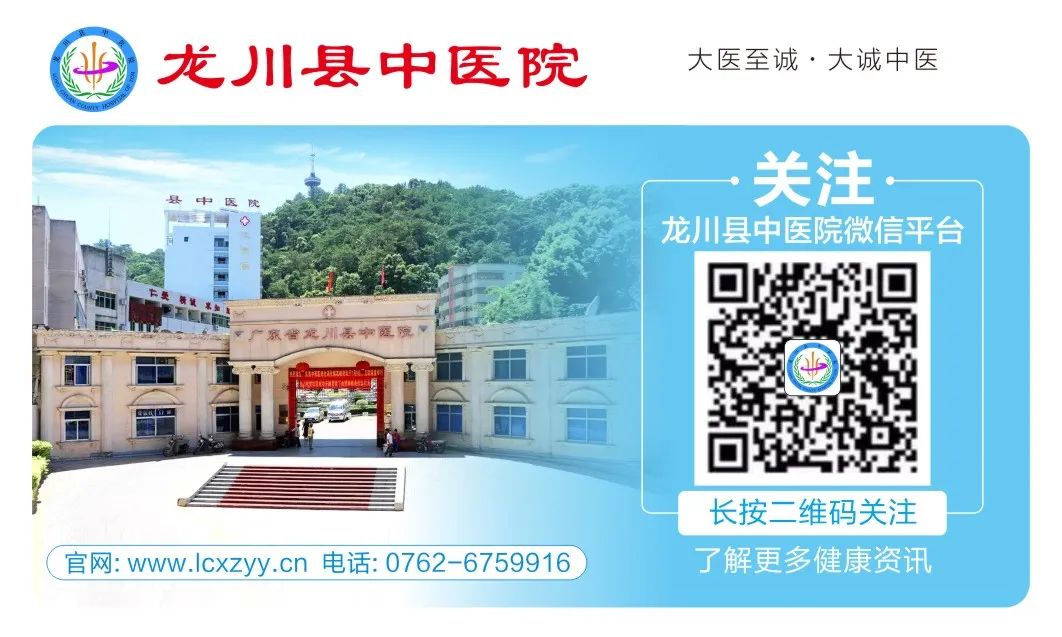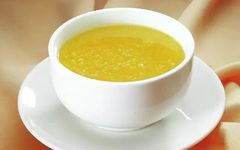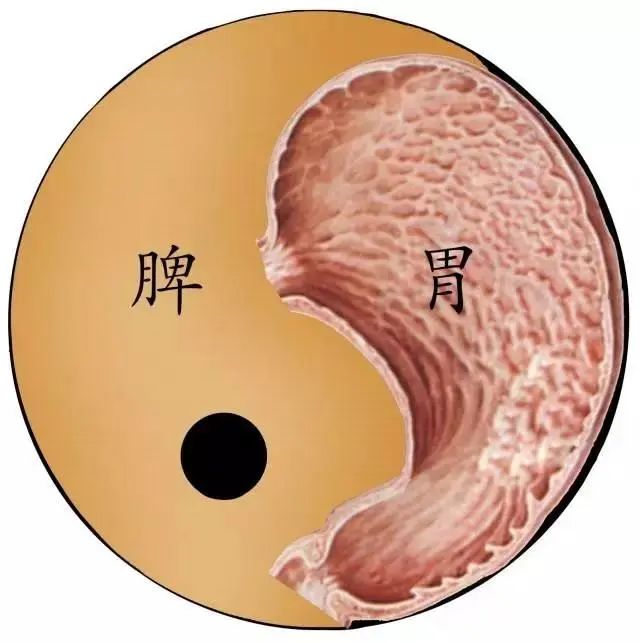 |
Spleen Stomach |
The spleen governs transportation and transformation, and is closely related to the stomach:
Food is the material basis for generating Qi and blood, and the spleen plays an important role in the digestion, absorption, and transportation of food. Therefore, Traditional Chinese Medicine (TCM) considers the spleen to be the foundation of postnatal life. When the spleen and stomach are nourished, all five organs are strengthened.
How to strengthen the spleen?
In color, it is yellow; in taste, it is sweet; in emotion, it is thought.
The “Huangdi Neijing” states that yellow foods are the best for nourishing the spleen and stomach. Foods such as pumpkin, millet, corn, yellow soybeans, sweet potatoes, and potatoes are excellent tonics. Sweet refers to grains and vegetables that naturally grow sweet; consuming more of these is beneficial for nourishing the spleen and stomach. However, one must avoid sweet foods (sugar cubes, chocolate, and some processed sweets) as excessive consumption can directly transform into dampness.
Symptoms of Spleen and Stomach Deficiency
1. Pale lips, even yellowish
2. Swollen eyelids in the morning
3. Fatigue, lack of desire to move
4. Muscle weakness, swollen legs and feet
5. Dark yellow complexion
6. Obesity
Dietary Remedies for Spleen and Stomach Deficiency
Golden
Rice
Porridge
Ingredients: millet, corn, yam, pumpkin.
Method: Wash the ingredients, place them in a rice cooker with an appropriate amount of water to cook porridge.
Tip: Golden porridge strengthens the spleen and tonifies Qi.
Precautions: Avoid for those allergic to yam.
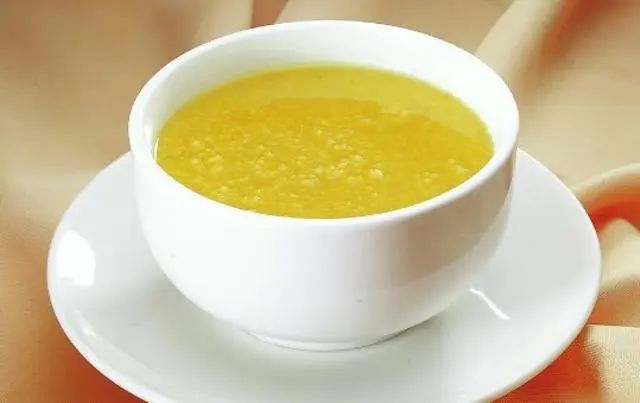
Second
Rice
Pumpkin
Porridge
Ingredients: millet, rice, pumpkin
Method: Wash the ingredients, place them in a rice cooker with an appropriate amount of water; cook for about one and a half hours before consumption.
Tip: Two-rice pumpkin porridge strengthens the spleen and nourishes the stomach.
Precautions: Avoid for those with allergies or fever.

Yam
Winter
Melon
Soup
Ingredients: yam, winter melon, goji berries, and carrots
Method: Wash and cut the ingredients into pieces, place them in a pressure cooker or rice cooker, add an appropriate amount of water and a little cooking oil, and cook the soup.
Tip: Clears heat and eliminates dampness.
Precautions: Avoid for those allergic to yam, during menstruation, with cold spleen and stomach deficiency, pregnant women, and those with kidney disease.
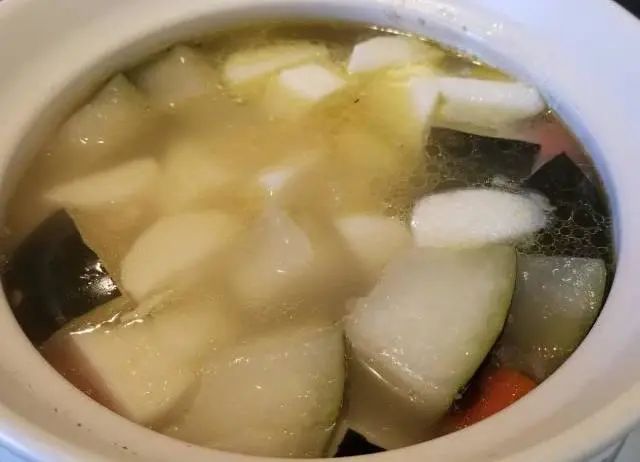
Job’s Tears
Red
Bean
Soup
Ingredients: Job’s tears and red beans
Method: Wash the ingredients and place them in a pot, add enough water; boil for 3 minutes, then simmer on low heat for 30 minutes. Sugar can be added to taste.
Tip: Effective in dispelling dampness.
Precautions: Do not overeat, and do not cook with rice.

Yam
Job’s Tears
Porridge
Ingredients: Job’s tears and red beans
Method: Wash the ingredients and place them in a pot, add enough water; boil for 3 minutes, then simmer on low heat for 30 minutes. Sugar can be added to taste.
Tip: Effective in dispelling dampness.
Precautions: Do not overeat, and do not cook with rice.

TCM treatment for spleen and stomach deficiency can be managed through TCM regulation and therapies.
1. TCM Regulation: Spleen and stomach deficiency is primarily treated with herbal medicines that nourish the stomach, protect the stomach, and strengthen the spleen, such as Bai Zhu (White Atractylodes), Fu Ling (Poria), Huang Qi (Astragalus), and Ren Shen (Ginseng). If the deficiency is due to insufficient Qi and blood, herbs that nourish and tonify blood, such as Bai Shao (White Peony), Ejiao (Donkey-hide Gelatin), and He Shou Wu (Fo-Ti), should also be used to effectively alleviate symptoms of spleen and stomach deficiency. Although TCM treatment may take longer, the physician will prescribe based on the patient’s specific condition and adjust the prescription multiple times during treatment to avoid side effects from prolonged use of medications.
2. TCM Therapies: TCM therapies can be performed in accredited hospitals, such as acupuncture at the Zhongwan (中脘) and Zu San Li (足三里) points.
During the treatment of spleen and stomach deficiency, patients should consume foods beneficial to the gastrointestinal tract and maintain a good dietary routine, avoiding overeating. They should also refrain from overly greasy or spicy foods to prevent hindering recovery.
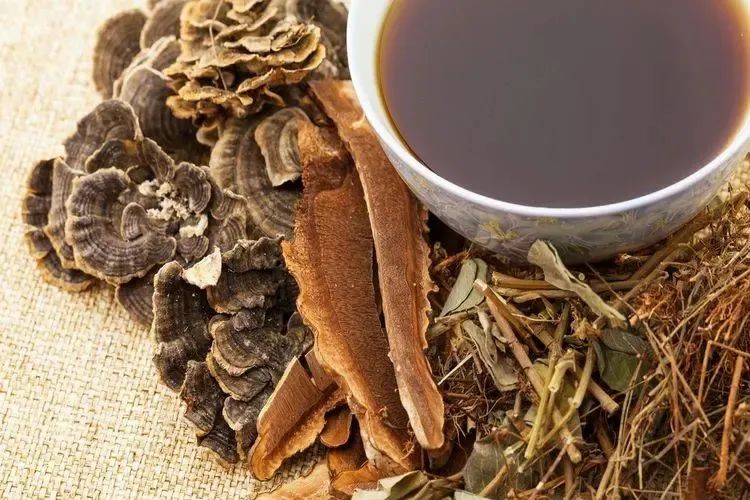
Department Overview
The Spleen and Stomach Disease Department is a key department of Longchuan County Traditional Chinese Medicine Hospital, integrating medical treatment, teaching, and research. The department is located on the third floor of the inpatient building, with 77 beds, including 2 intensive care beds. The department has strong specialized technical capabilities and a high-quality academic team, with a reasonable talent structure to meet the sustainable development needs of the department. Currently, there is 1 chief physician, 3 associate chief physicians, 2 attending physicians, and 8 resident physicians, including 1 nationally recognized grassroots TCM expert, 1 municipal renowned TCM physician, and 5 graduate students. The department has established a medical alliance with Guangdong Provincial Hospital of Traditional Chinese Medicine, Guangdong Second Traditional Chinese Medicine Hospital, Sun Yat-sen University Third Affiliated Hospital, Shenzhen Traditional Chinese Medicine Hospital, and Huizhou First People’s Hospital, receiving guidance and technical support from experts in these hospitals. The department adheres to the service philosophy of “patient first, quality-based” and has rich clinical experience in diagnosing and treating common, frequently occurring, and critical internal diseases, especially skilled in the combined treatment of digestive, liver, and neurological diseases using both TCM and Western medicine. The department actively develops nearly 10 TCM characteristic therapies, widely applied in clinical practice, achieving satisfactory results.
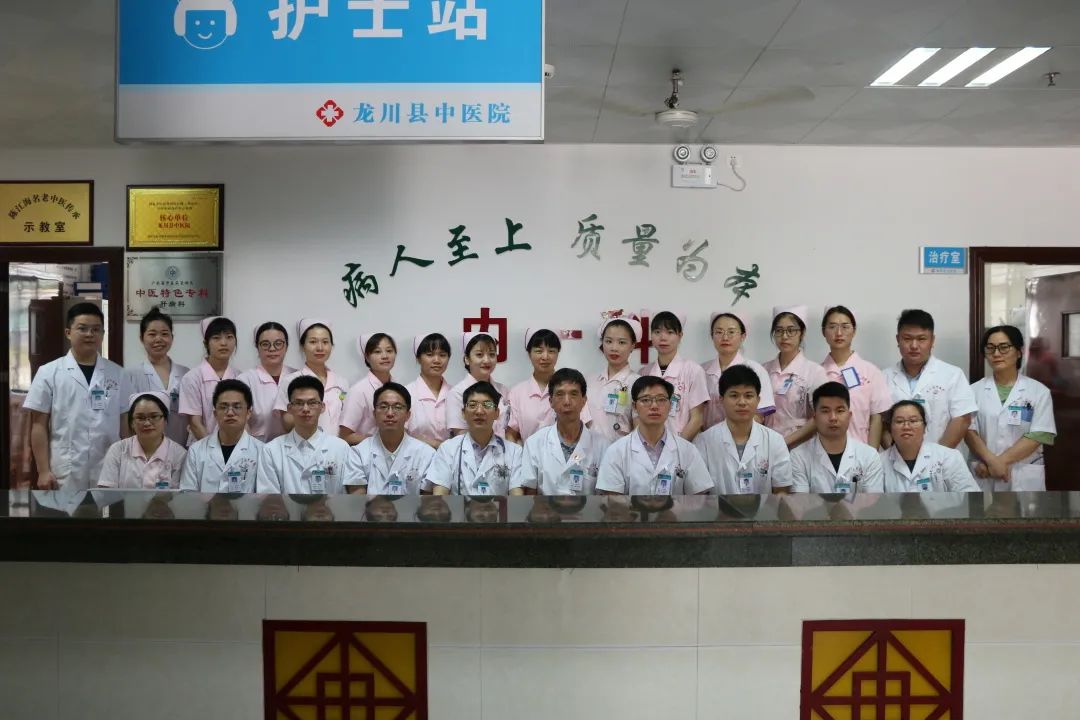
The department actively implements modern advanced technologies, including digestive endoscopy (including painless gastroscopy, capsule endoscopy) and endoscopic treatments (including various emergency endoscopic hemostasis, polypectomy, foreign body removal, esophageal variceal ligation, endoscopic hemorrhoid ligation, early cancer screening, gastrointestinal stricture dilation and stent placement, endoscopic mucosal resection, etc.) at the leading level in Heyuan City. The liver disease specialty has also been rated as a provincial key specialty.
The cerebrovascular disease area utilizes advanced modern medical diagnostic and treatment technologies, fully leveraging the characteristics and advantages of TCM, emphasizing the integration of emergency rescue and rehabilitation, internal and surgical medicine, and TCM and Western medicine, establishing a “green channel” for chronic disease management, forming a comprehensive treatment model from pre-hospital emergency care, in-hospital diagnosis and treatment, early rehabilitation, to post-hospital management, providing patients with timely TCM and Western medical treatment and rehabilitation therapy, the best treatment plans and “one-stop” quality services, improving clinical efficacy and meeting patient needs; the area focuses on the treatment of acute strokes. Based on the “Yin-Yang classification system for stroke” a series of clinical pathways have been established to transform TCM characteristics into clinical advantages, improving clinical efficacy, shortening hospital stays, and reducing hospitalization costs.
In recent years, the department has been awarded 4 research project approvals, including 3 provincial-level projects and 1 municipal-level project, and has published over 20 professional papers in academic journals.
Department Address: 3rd Floor, Inpatient Building
Department Phone: 0762-6881941
Specialized Treatments
Fire Dragon Cupping is a comprehensive treatment method that combines tuina, guasha, moxibustion, acupressure, and medicinal penetration, applied with essential oils to penetrate subcutaneously into the body circulation, achieving the purpose of vaporization and sequencing. Fire Dragon Cupping integrates the strengths of acupuncture and medicinal treatment, with the addition of moxa sticks, showing significant efficacy, and is non-invasive and painless, avoiding gastrointestinal administration and not harming the spleen and stomach. It is particularly suitable for those who fear needles, the elderly and weak, those for whom tonification and draining are difficult, or those who cannot take medications, making it a convenient, safe, economical, and efficient treatment method.

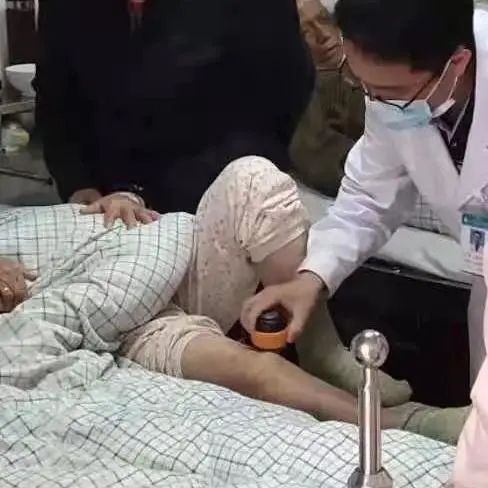
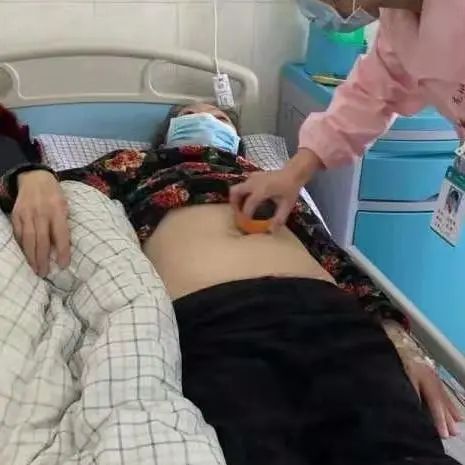
Indications for TCM Specialty Treatment Fire Dragon Cupping:
1. Treatment during the acute, recovery, and sequelae phases of stroke: such as hemiplegia, numbness, muscle atrophy;
2. Soft tissue injuries of the spine: such as cervical spondylosis, lumbar disc herniation, ankylosing spondylitis;
3. Muscle injuries in the back: such as upper back pain, acute lumbar sprain, local muscle strain;
4. Gastrointestinal diseases: such as constipation, diarrhea, abdominal distension, indigestion;
5. Gynecological diseases: such as irregular menstruation, dysmenorrhea, uterine fibroids;
6. Bi syndromes caused by wind, cold, and dampness in TCM: such as rheumatoid arthritis, osteoarthritis;
7. Symptoms of numbness, pain, and discomfort caused by diabetic circulatory disorders.
Expert Introduction
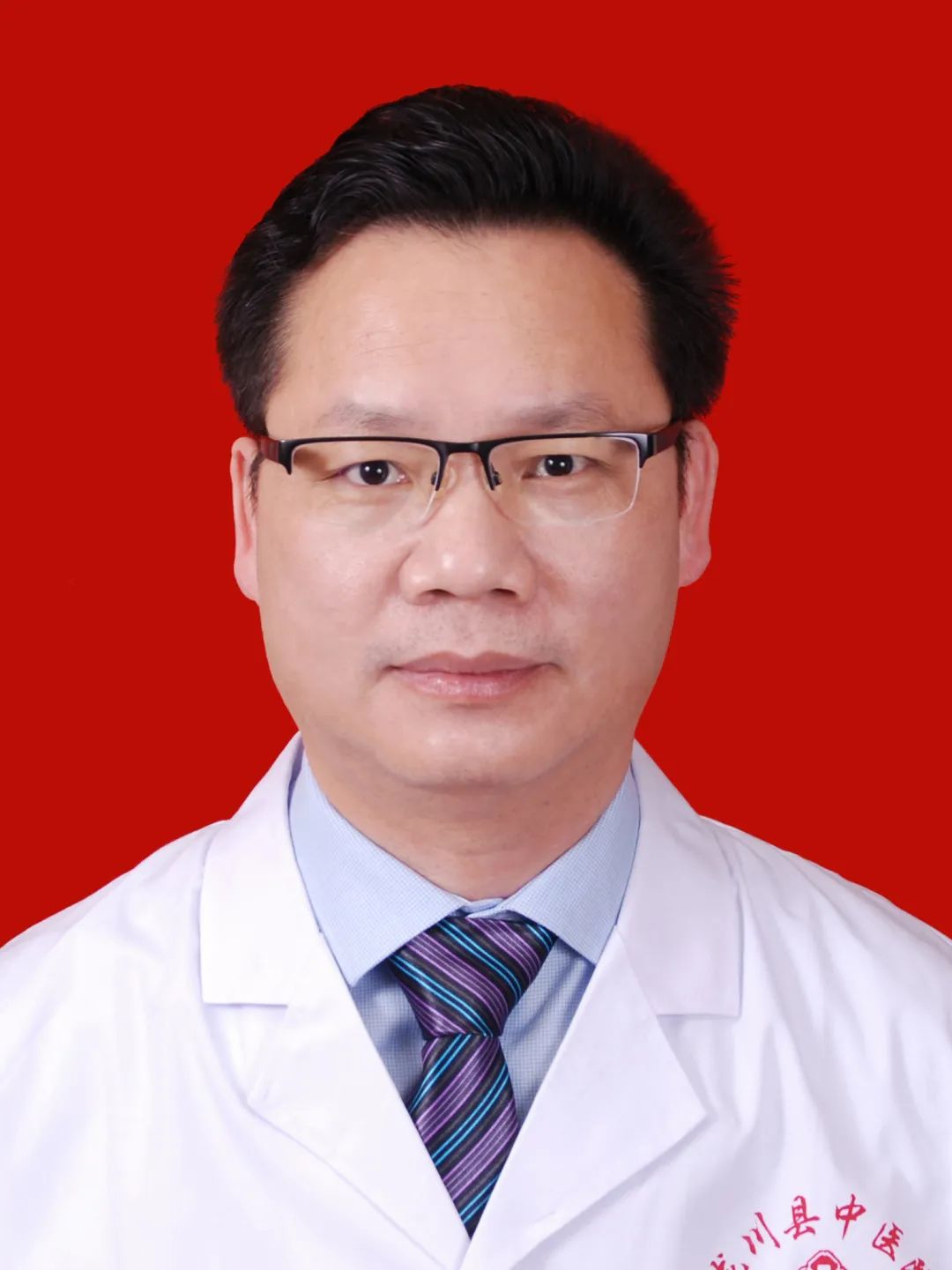
Huang Guodong, Party Secretary and Director of the Hospital, Chief Physician of TCM Internal Medicine. Outstanding Young Medical Talent in Guangdong Province, Renowned TCM Physician in Heyuan City, Part-time Professor at Guangzhou University of Chinese Medicine. Specializes in integrated TCM and Western medicine treatment of various hepatitis, severe liver disease, liver cirrhosis with ascites, liver cancer, and various internal diseases, and has rich experience in the TCM and Western medicine diagnosis and treatment of spleen and stomach diseases, cardiovascular diseases, and respiratory diseases.
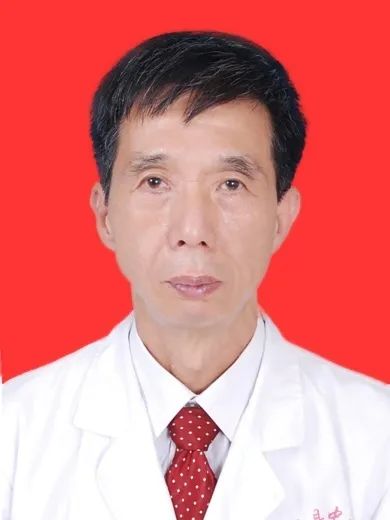
Chen Jianghai, National Renowned Grassroots TCM Expert, Associate Chief TCM Physician, Part-time Associate Professor at Guangzhou University of Chinese Medicine. Specializes in integrated TCM and Western medicine treatment of stroke, liver disease, hypertension, chronic gastritis, cerebral arteriosclerosis, and diabetes.
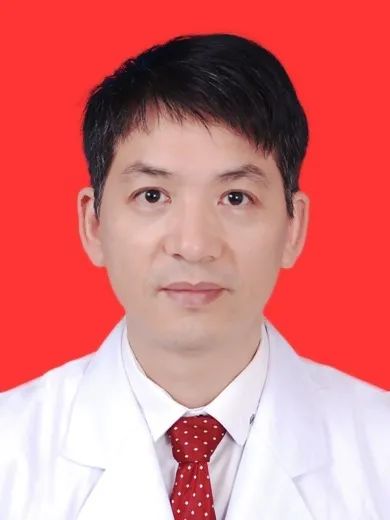
Huang Zifeng, Director of the Spleen and Stomach Disease Department, Associate Chief TCM Physician, Outstanding Science and Technology Worker in Heyuan City, Part-time Associate Professor at Guangzhou University of Chinese Medicine. Dedicated to the integrated diagnosis and treatment of internal diseases, with significant efficacy in spleen and stomach diseases (gastrointestinal, liver, gallbladder, and pancreatic diseases), such as acute and chronic gastritis, enteritis, hepatitis, cholecystitis, pancreatitis, gastric ulcers, duodenal ulcers, ulcerative colitis, various hepatitis, liver cirrhosis, and gastrointestinal tumors; also skilled in gastrointestinal endoscopy and various minimally invasive treatment techniques.
Phone: 13553290210

Ma Tianbin, Deputy Director of the Spleen and Stomach Disease Department, Associate Chief TCM Physician, graduated from Guangzhou University of Chinese Medicine, with a bachelor’s degree. Currently a member of the Hepatitis Professional Committee of the 7th Guangdong Province Liver Disease Society and the second committee of the Liver Disease Professional Committee of the Guangdong Province TCM Association. Previously studied in the Infectious Diseases Department and Internal Medicine ICU of Sun Yat-sen University Third Affiliated Hospital. Specializes in integrated TCM and Western medicine treatment of viral hepatitis, alcoholic hepatitis, fatty liver, autoimmune hepatitis, various types of liver cirrhosis, and liver cancer. Has rich clinical experience in common internal diseases.
Phone: 13827856128
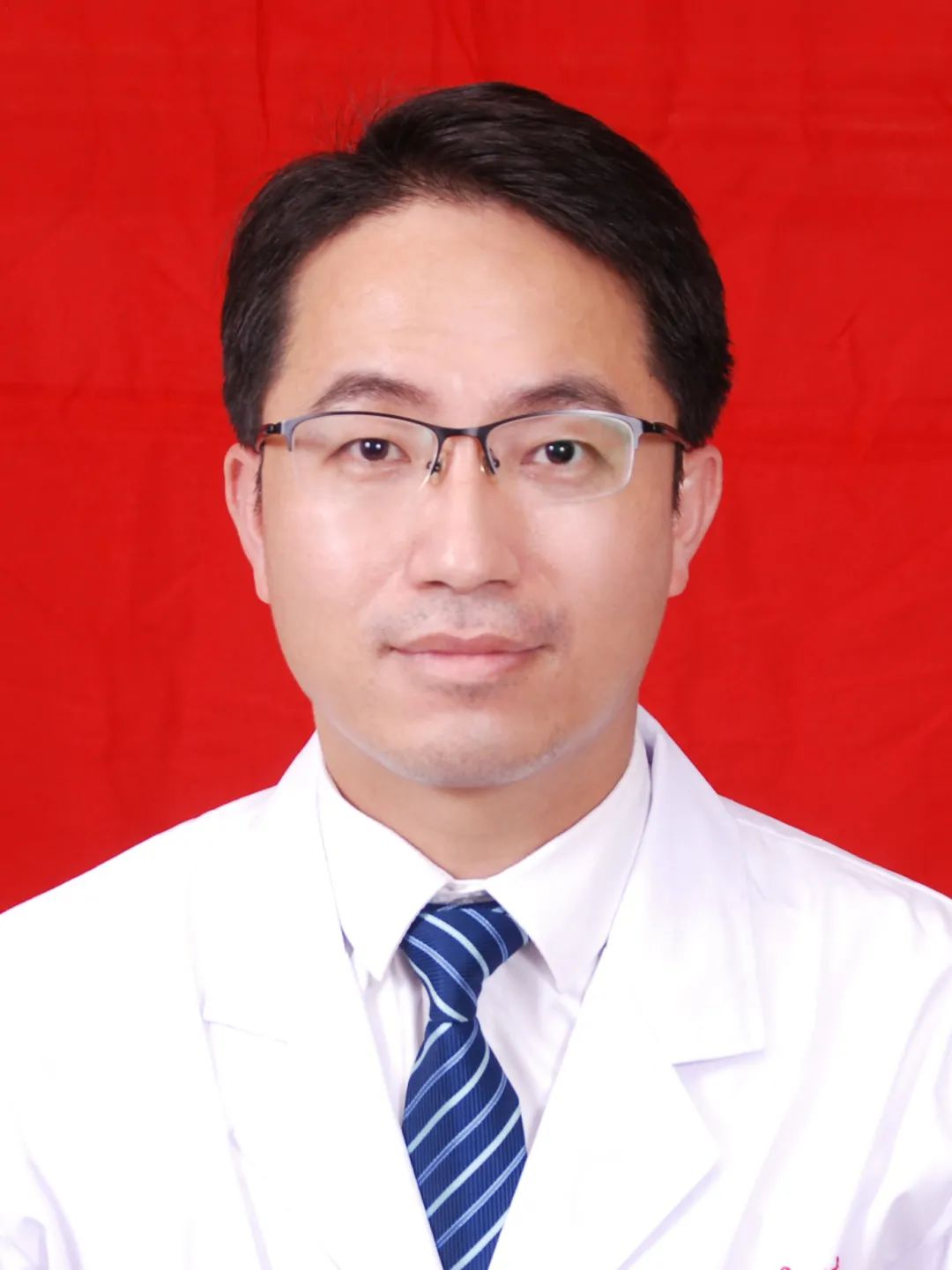
Huang Junchen, Head of the General Ward of the Spleen and Stomach Disease Department, Associate Chief TCM Physician, has long been engaged in TCM brain diseases (neurological cerebrovascular diseases), previously studied in the Cerebral Disease Department of Guangdong Second Traditional Chinese Medicine Hospital, the Neurology Department of Guangdong Provincial Hospital of Traditional Chinese Medicine, and the Spleen and Stomach Disease Department. Specializes in integrated TCM and Western medicine treatment of stroke (cerebral infarction, cerebral hemorrhage), dizziness, headache, dementia, Parkinson’s syndrome, anxiety, depression, and insomnia, and has considerable clinical experience in common internal diseases.
Phone: 13435313456

Luo Yongbing, Head of the Digestive Disease Area of the Spleen and Stomach Disease Department, Attending TCM Physician, with a master’s degree, graduated from Jiangxi University of Traditional Chinese Medicine, specializing in internal spleen, stomach, and liver diseases. Previously studied in the Endoscopy Center of Guangdong Provincial Hospital of Traditional Chinese Medicine. Specializes in integrated TCM and Western medicine treatment of esophagitis, gastritis, peptic ulcers, gastrointestinal bleeding, functional and inflammatory bowel diseases, and liver and gallbladder diseases, and is also skilled in gastrointestinal polyp and early cancer endoscopic diagnosis and treatment, endoscopic hemostasis, dilation and stenting of benign and malignant gastrointestinal strictures, percutaneous gastrostomy, and endoscopic hemorrhoid ligation.
Phone: 18319525200
Editor: Zeng YusongReviewer: Zou Zhiyong

